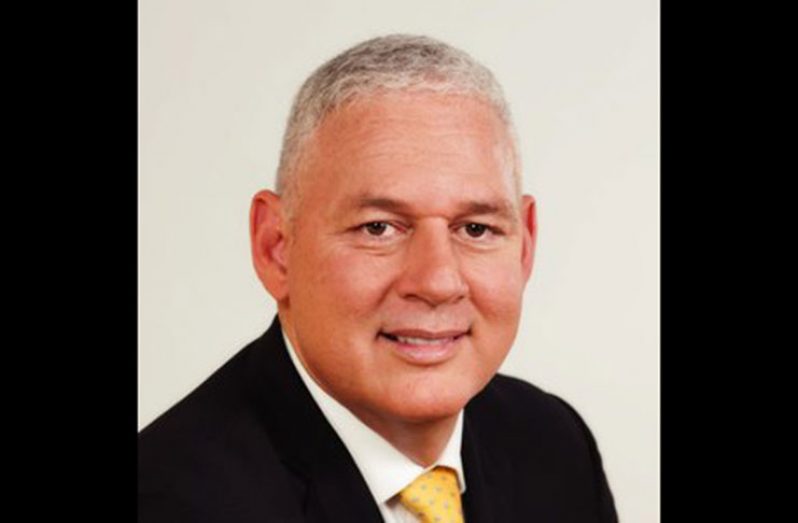IF the Caribbean Community (CARICOM) is to proceed with climate adaptation, the Community would need funding because it is impossible to use current resources or to borrow money to fulfill the needs for adaptation.
As part of a step towards getting access to those funds, CARICOM approached and engaged the Official Development Assistance (ODA) countries during the 40th Meeting of Heads of Government of CARICOM in Saint Lucia.
“We want additional funds… this is not to tap into current funds. These are funds we believe the Region is due as a result of what is taking place in terms of global warming and climate change… the SIDs (Small Island Developing States) only have a per cent of emissions,” said chairman of CARICOM and Prime Minister of Saint Lucia, Allen Chastanet, during a recent press briefing.
He said it was proven that CARICOM countries cannot deal with climate change through mitigation alone.
“If we were to have adaptation, it is impossible to use current resources or to have borrowed money to fulfill needs from adaptation,” said Chastanet, adding that the idea of rising sea levels is not even included in the cost.

United Nations (UN) Secretary-General, Antonio Guterres, at the opening of the CARICOM conference, had said that the beauty of the Caribbean islands is being threatened by the challenges which they face.
Among the challenges, which he made specific reference to, was climate change, which is being felt by countries around the world.
Guterres said he had visited the South Pacific and saw how Pacific Island Nations are addressing the climate crisis and approaching all their development investments through a “climate lens”.
As climate-related natural disasters grow in frequency and severity, the risks they pose to families and to development overall will only intensify.
“The Caribbean experience makes abundantly clear that we must urgently reduce global emissions and work collectively to ensure that global temperature rise does not go beyond 1.5 degrees above pre-industrial levels,” said Guterres.
In that regard, he called on all CARICOM leaders to present plans at the Climate Action Summit, which is set for December 2020.
“We must massively increase our ambition to advance low-emission and resilient development, including addressing loss and damage from climate impacts,” said Guterres, adding that CARICOM and the Caribbean Community Climate Change Centre have taken the lead from the frontlines.
Island nations in the Caribbean are fast becoming influential test beds for innovative climate action, such as investing in decentralised renewable energy.
This will not only yield more economically sustainable sources of electricity but will provide clean energy solutions.
Microgrids and decentralised solar energy systems will also ensure that power losses after storms will be shorter and less catastrophic to homes, hospitals and businesses.
Guterres said investing in sustainable development also means investing more in concrete conservation and resilience measures.












